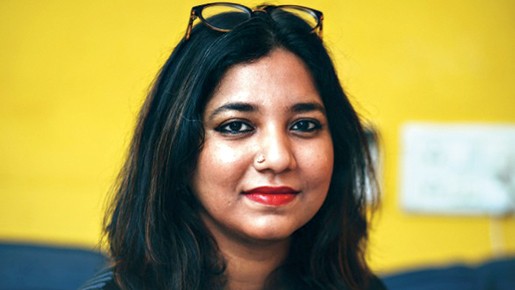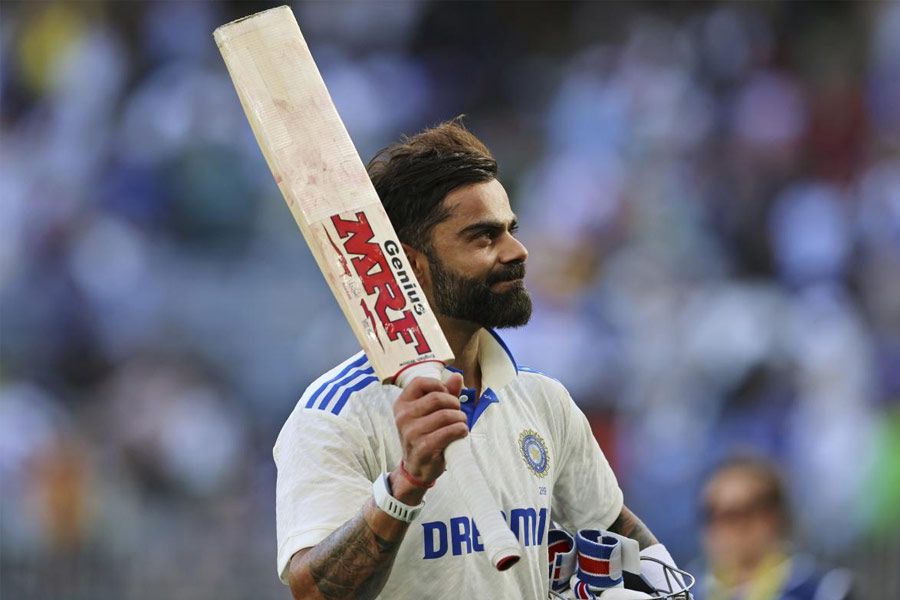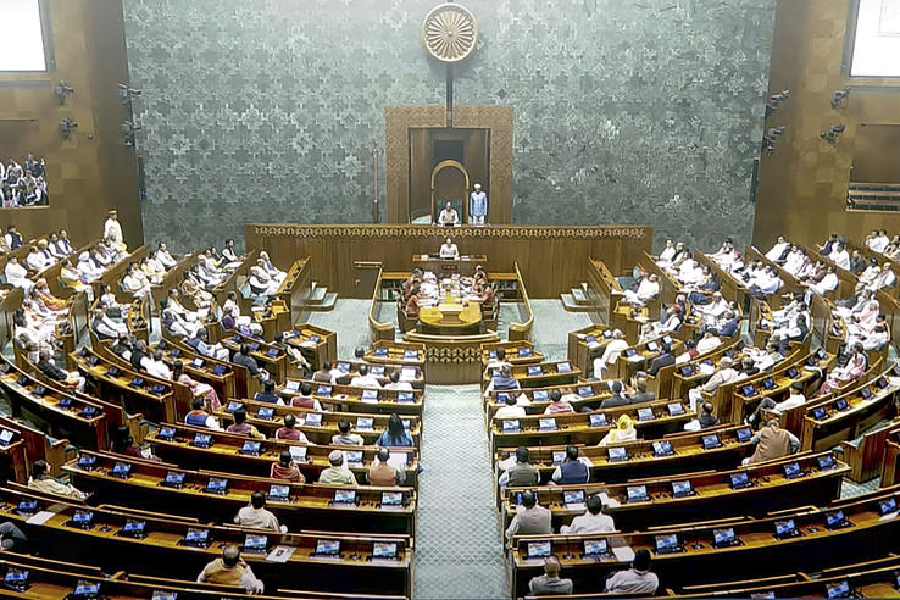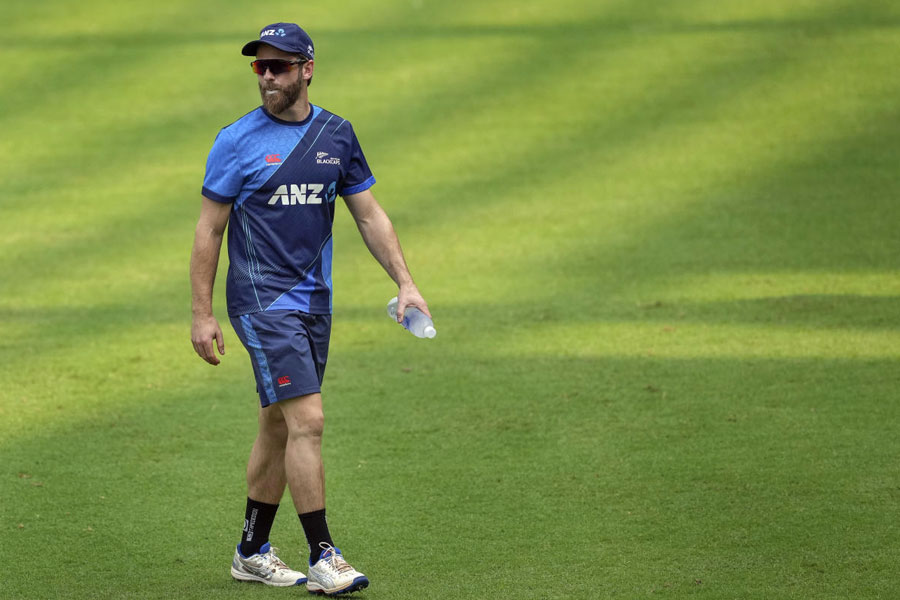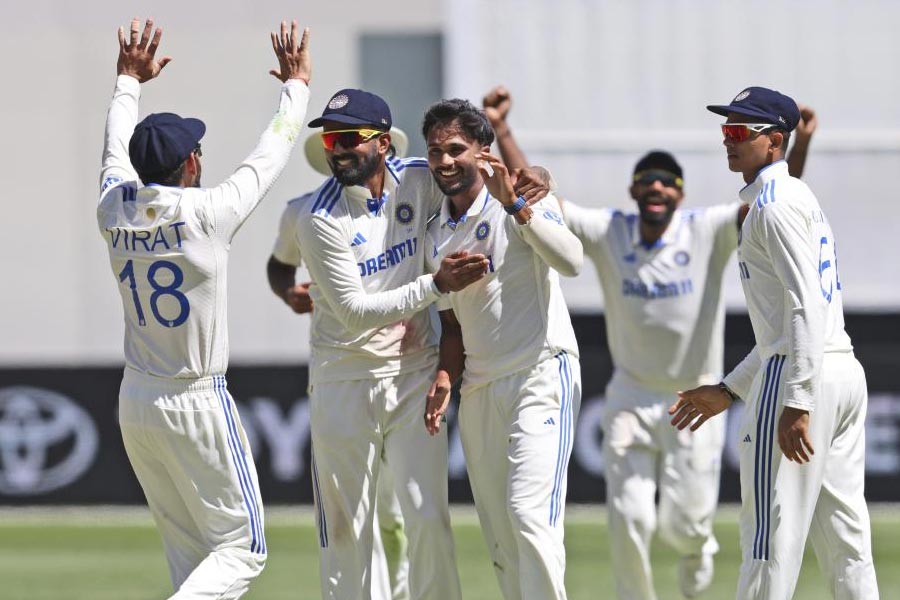Her first book Rivers Remember had just been published and Amitav Ghosh had said some great things about the book and the author, Krupa Ge, at an interview with The Telegraph. Needless to say that Ge’s subsequent venture into fiction was looked forward to and What We Know About Her (Context, Westland Books; Rs 499) was born. That it took almost a decade to create is something we found out on a chat with the author post the release of her book.
What We Know About Her is a slice-of-life tale of Yamuna, a girl who squirms in anger as her mother receives the power of attorney for an ancestral house that she spent years protecting and loving, in Chennai. Her subliminal relationship with her Thatha (grandfather) forms the highlight of a book where a young girl struggles with her own demons that come in the form of a failed relationship and research for a PhD that involves a well-kept family secret. Evoking scenes from the life of her great grandmother Lalitha who was a Carnatic singer, there is a beautiful portrayal of female relationships of various kinds that unfurl across time, space and generations. What happened to the dynamic Lalitha, bender of rules, in the end? What choices will Yamuna make, going forward? While these are queries whose answers can only be found by reading the book, the author took some time out to answer some of our questions about this politically aware, emotional novel. Excerpts...
Tell us about the inception of the book –– the idea, the research and the execution.
It’s been brewing for nearly a decade now. It all started with my Amma telling me the story of my grandmother’s engagement. It was beautiful and bittersweet. My grandmother was a child bride, just 14. That story made me want to write about this idea of marriage and how much and how little has changed for women. That was really the beginning of the book. Madras in the ’40s was a very exciting time. Cultural revolution was in the air. So, I decided to set some parts of the book in the ’40s. I trawled through archival material, newspaper articles, and the writings of Madras historians like S Muthiah, and V Sriram, to get the era right. Of course, I spoke to my family at length about the past, and a lot of the detailing is from them too.
Our family is from Chingleput, where the family in the book is also from. As for the execution, that was the most excruciating part. I must have written a hundred drafts in the last decade, pruning and bringing the story to sharper focus. After rejections and rewrites, edits and endless arguments, I am glad it’s at last out now.
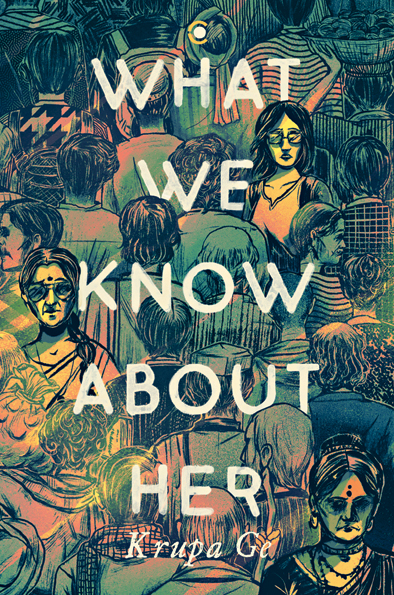
What We Know ABout Her; Context ( Westland Books); Rs 499
How is the experience of writing fiction different from writing non-fiction?
The biggest difference is of course you already know what you want to say in non-fiction. In fiction, you’re sort of groping in the dark, almost playing with the characters. They lead you on to new places sometimes and you drag them away at others, to where you want them. Facts are facts, revealing them skilfully is what makes non-fiction profound. In fiction, you’re trying to tell the truth too but you’re also a little guarded, because it is your truth. A very subjective truth.
The mother-daughter relationship is a complicated one to approach through fiction because of its tumultuous nature. We have seen this in some seminal works of fiction. What was your approach to the subject?
There are different kinds of mothers and daughters in the universe of What We Know About Her. The resentful, the scared, the guru-sishya, the wrath-filled and the potty-mouthed, the anomalous. The sacrificial mother is the one I avoided entirely. The female gaze is more than capable of seeing our foremothers as complete beings, warts and all.
After Rivers Remember, your protagonist is now called Yamuna and part of the novel plays out in Varanasi. Tell us about your personal relationship with rivers.
This is a beautiful question, thank you. My first real experience soaking in the river life, was on the banks of the Ganga, in Benares, when I lost my grandmother. In our family, everyone is given three names and one of my names is Ganga, too. I’d been writing this novel for long, even before I started Rivers Remember. But when I finished Rivers Remember, my relationship with rivers and water changed. It was only in the last couple of drafts that my protagonist even got a name. Until then she was unnamed. I did want her to have a river’s name, as a sort of thread to connect both my works, and Yamuna seemed most natural given the milieu she’s from. I’ve put in another connection too to my first book, in this one, I hope someone will notice it.
What is your writing process like?
The process is chaos. I am usually working on multiple projects, because let’s face it, books don’t pay. So, I steal time through the day to make notes, think about my characters, their motives, their politics, if they make sense at all, etc. There are some 400-odd drafts in my email… filled with my thoughts. I make these notes when I have a moment of quiet and then go back to them when I am working on a draft. The most fun I have is while writing the first draft. That is unfettered freedom. I do some free-hand writing on a large piece of paper, almost like a map to trace the story.
What has been the highlight of this journey of launching this debut novel?
It took me nine years to become a novelist. But I got here and I couldn’t be happier to see this through. It has been a hard but absolutely rewarding journey personally.
Social commentary in fiction — do you feel it is imperative in today’s time?
It’s enough to do justice to the story one sets out to do. But because stories have so much power over us, we see every day now the brute nature of narrative building, personally, I feel my stories must bend towards justice.

